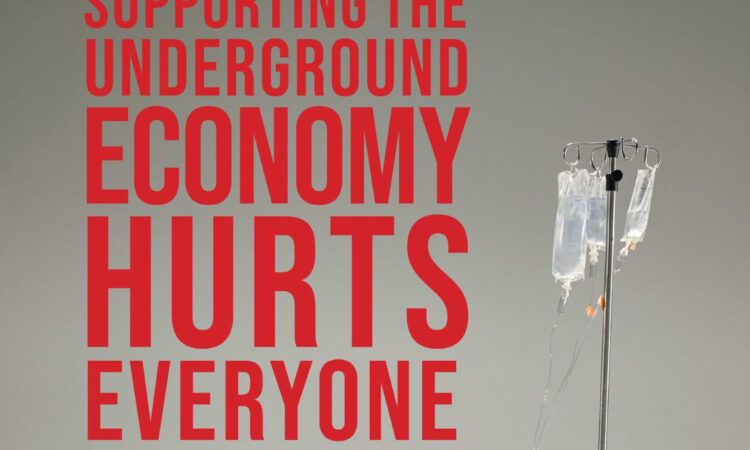The Canadian Trucking Alliance (CTA) has provided federal and provincial finance ministers across Canada a list of priorities that need to be addressed in areas of strategic infrastructure, carbon pricing, and protecting our health care system.
CTA is asking for serious consideration of the industry’s recommendations, which were delivered in advance of an expected meeting between the ministers in December.
One of the key priorities CTA outlined is the need to tackle the problem of tax avoidance by Driver Inc companies, which is funneling away critical federal funding from important items like the health care system to the underground economy. CTA informed the finance ministers that its members have been unsuccessful in rallying support in Ottawa to compel the Canada Revenue Agency (CRA) and Finance Canada to collect billions of dollars in taxes owed by Driver Inc companies – revenue the government should be investing in the economy and using to improve Canada’s healthcare system. Relatedly, CTA also reminded the five provinces with Employer Health Taxes (EHT) that Driver Inc companies are directly undercutting the provincial medical system by not paying the employer tax.
“CTA is asking finance ministers across Canada to take leadership roles and show these unscrupulous companies that cheat the system that the Canada Labour Code, and federal and provincial tax compliance obligations are not optional in this country – it’s the law,” said CTA president Stephen Laskowski, who urged provinces with employer health taxes to dedicate enforcement resources towards the Driver Inc carrier community. “There are at least tens of millions of dollars in unpaid EHT that are robbing our society and citizens of better health care.”
CTA conservatively estimates there are 50,000 drivers involved in this scheme in provinces with EHTs. This means that non-compliance in the trucking sector alone robs between $46 million and $160 million a year from health care systems and other critical programs. “When also considering the evasion of payroll and personal taxes, as Driver Inc carriers often do, the financial loss to our citizens is in the billions,” says Laskowski.
CTA informed the ministers that enforcement by the Workplace Safety and Insurance Board (WSIB) in Ontario has found close to 200 Driver Inc non-compliant Driver Inc carriers, resulting in nearly $10 million in corrective adjustments annually.
“I cannot think of a bigger threat from the underground economy to our social network than the existence and growth of Driver Inc,” he added.
CTA also used the opportunity to reaffirm the sector’s commitment to reducing its carbon footprint while reminding the finance ministers that because there is no suitable substitution for the diesel engine and a lack of viable alternate fuel and engine options in the heavy-duty truck market, the federal carbon tax serves no policy outcome and only results in higher fuel costs and inflation throughout the supply chain.
“To implement a carbon tax on diesel fuel meant to incentivize our members to switch to non-diesel engine alternatives is both unfair and unrealistic and serves no purpose other than contributing to higher inflation for everyone,” says Laskowski.
Meanwhile, CTA also provided all levels of government with its list of strategic and critical infrastructure projects identified by the provincial trucking associations that are part if CTA. Also included a copy of CTA’s interprovincial trade barrier report which highlights the need for better winter maintenance to improve the flow of goods between the provinces and the need to invest in rest areas for our nation’s truck drivers.
“There can be no better return on investment than helping to improve our road system that benefits the competitiveness of every sector in the Canadian economy and promotes future investment in these companies by protecting and ensuring our driving community has a safe place to work and rest,” said Laskowski.


